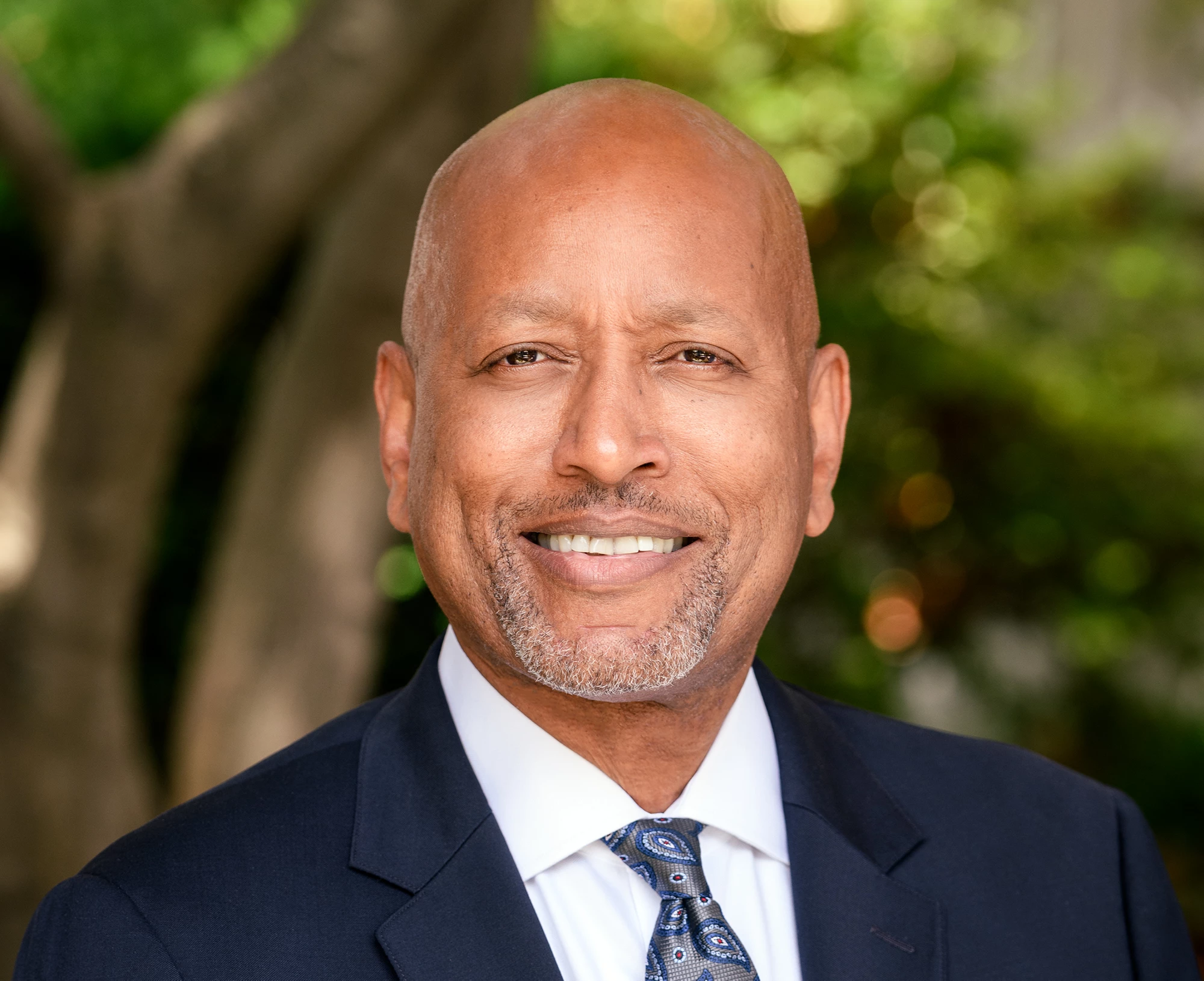 Photo credit: Rama George-Alleyne/World Bank
Photo credit: Rama George-Alleyne/World Bank
A year ago, at our Annual Meetings in Marrakech, Morocco, we announced an ambitious new vision—a world free of poverty on a livable planet. To accelerate progress toward this, we need to think big and act fast. We must achieve results that we can credibly measure and improve upon. The World Bank Group is on a journey to become better for the benefit of our clients, and the first annual release of our new scorecard lies at the core of our efforts. It provides a yardstick to measure how we deliver on our mission and will also serve as a tool to help focus our work and strengthen our impact.
The scorecard measures results such as the number of people who gained access to financial services, received better education or were connected to electricity due to the World Bank Group’s interventions. Doing so shifts our focus from dollars invested to outcomes—and the lives we help transform.
The scorecard consolidates reporting from the World Bank Group’s International Development Association, International Bank for Reconstruction and Development, International Finance Corporation, and the Multilateral Investment Guarantee Agency. This will give us a clear view of how far we have come in solving some of the most critical development problems—from poverty to climate change to food insecurity and beyond. Far from simply showcasing progress, it also highlights where we are falling short and what deserves more attention.
Greater transparency and accountability are central to our scorecard. Along with underlying methodologies, we are making our detailed data available on a new interactive online platform for anyone around the world to view, break down, visualize, and reproduce if they wish.
Past scorecards tried to measure too many things—and when we prioritize everything, we often end up prioritizing nothing. This scorecard tracks our delivery across 22 key results indicators, which were selected through a wide consultation with shareholders and partners and that we believe are critical to achieving our mission. Each is disaggregated where possible by gender, youth, fragile and conflict-afflicted states (FCS), disability-inclusive, region, country, project and other filters. This disaggregation will be instrumental in helping us determine whether we are delivering results where they are most needed.
For example, the scorecard shows us that the World Bank Group’s support for fragile and conflict-affected states is making important gains, including reaching 136 million people with quality health, nutrition, and population services, 97 million people with strengthened food and nutrition security, and 40 million people with access to electricity. We are also working to ensure that both forcibly displaced people and host communities are provided with services and livelihoods. Through our current portfolio, we have reached over 12 million refugees, internally displaced persons, and people in host communities by services, jobs, or cash transfers—over 90 percent of them in the least developed countries.
As the largest provider of climate finance to developing countries, the World Bank Group is also helping to bend the emissions curve. The scorecard shows that our current portfolio is expected to support net reductions of over 300 megatons of annual carbon dioxide equivalent (CO2eq) emissions. We will contribute to reducing 50 megatons of annual CO2eq emissions in Western and Central Africa and 15 megatons in Europe and Central Asia. But the latter emits 10 times more CO2eq than the former, which suggests the need for us to do more in regions with higher emissions.
The insights from the scorecard also show that we have benefitted over 140 million people with improved access to transport infrastructure and services. Yet in Africa, these beneficiaries represent only 4 percent of the African population without access to reliable transport. Similarly, while we are supporting over 300 million students with better education, several of our client countries with high rates of learning poverty do not have World Bank Group interventions addressing this critical challenge.
Putting our results in the context of the needs, the scorecard will inform our future programming priorities. It is more than a reporting tool. As we continue to strengthen our results architecture and results measurement capabilities, the scorecard will increasingly become a managerial tool that will guide the World Bank Group’s efforts to achieve meaningful and measurable improvements in people’s lives.




Join the Conversation